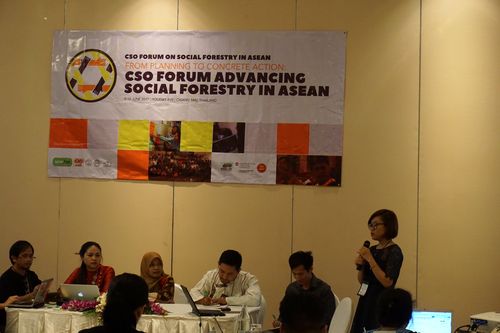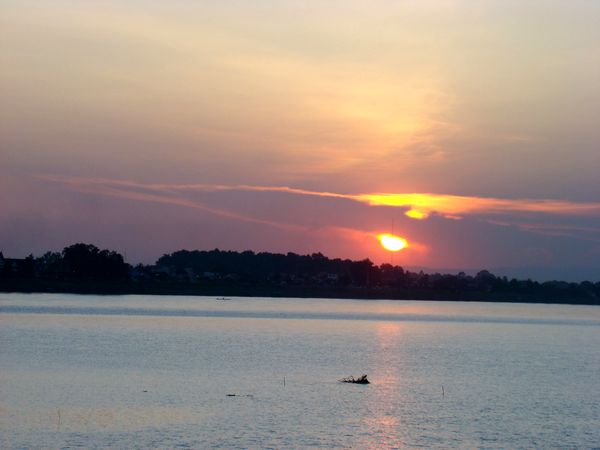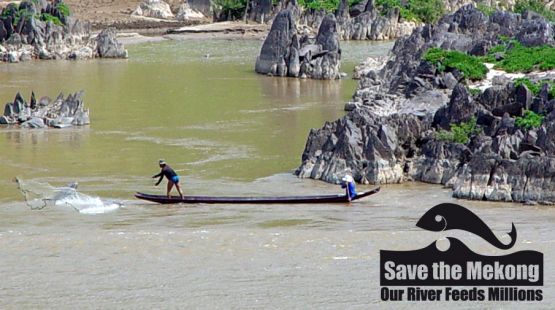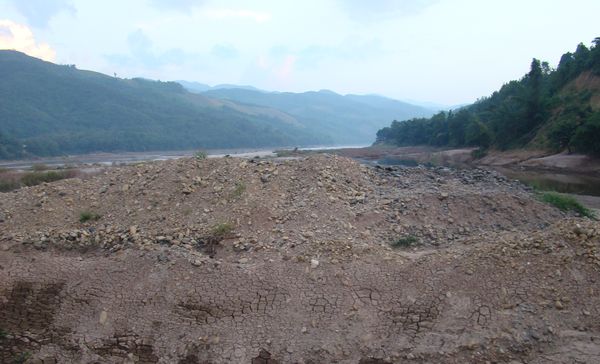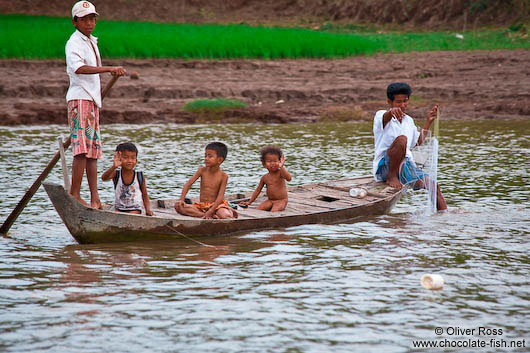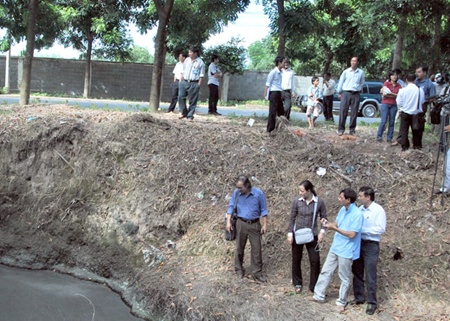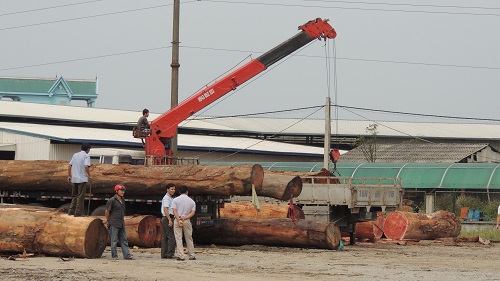CSO Forum on Social Forestry in ASEAN Statement 7th ASEAN Working Group on Social Forestry Conference 2017
7th ASEAN Working Group on Social Forestry Conference is entitled “Social Forestry in Forest Landscape Restoration: Enabling Partnership and Investments for Sustainable Development Goals” held on 12-16 June 2017 in Chiang Mai, Thailand. PanNature along with Forland and CSDM were the three Vietnamese representatives to attend the Conference. M.Sc Nguyen Hai Van, Policy Manager of PanNature presented about Promoting the official recognition for ICCA in Vietnam and cor-chair group discussion about "safeguard" with NTFP.

